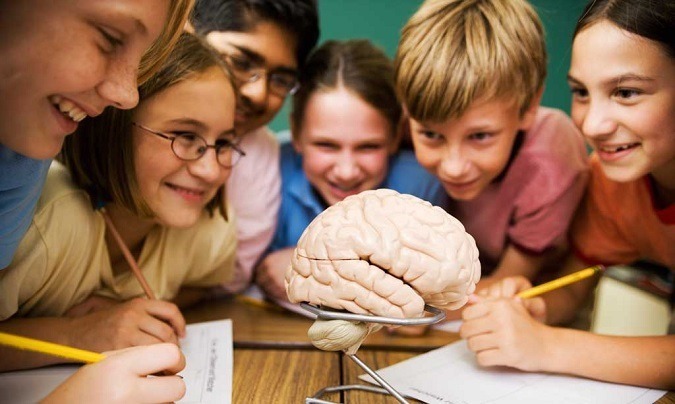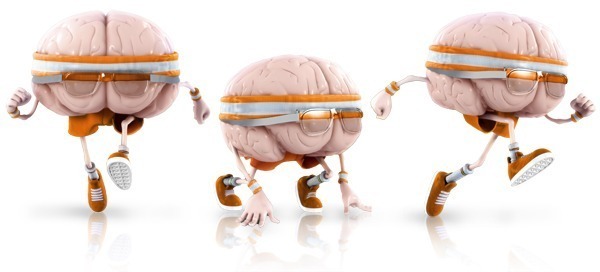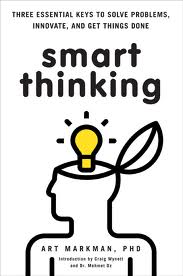Posts Tagged ‘smart’
Report calls for wide classroom-based adoption of ten brain fitness programs designed to improve foundational executive functions
__________ National Nonprofit Releases Report Calling for Brain Fitness Interventions in All U.S. Schools (press release): “BrainFutures released a report today that makes a clear case for integrating proven brain fitness programs into all U.S. classrooms. Over a decade of research has shown that evidence-based programs can improve students’ executive function skills and prosocial behaviors,…
Read MoreLet’s discuss how to Outsmart Smart Technology to Reclaim our Health and Focus
I’m excited to share that the upcoming 2019 SharpBrains Virtual Summit will feature, on May 8th, a fascinating presentation and discussion with Dr. Margaret Morris, who spent 13 years as a researcher at Intel and recently wrote a very timely book — Left to Our Own Devices: Outsmarting Smart Technology to Reclaim Our Relationships, Health,…
Read MoreTo all very sharp, very smart brains: Happy Holidays, and Let’s all have a great 2016!
Is There a Formula for Smart Thinking?
One day, one of my kids was staring at a simple circuit diagram. It showed a battery connected to a resistor and a light bulb. He was doing a homework problem. The particular question that had him stumped asked what would happen to the current in the circuit if the resistor was replaced with another…
Read MoreYes, It is Smart to Learn New Tricks
Good article in the Washington Post today: Is It Really Smart to Teach Old Brains New Tricks? The reporter presents a good overview of what is happening, but framed around a highly artificial choice for consumers: either you a) do physical exercise, or b) take part in social interactions, or c) engage in mental exercise. What about switching…
Read More



